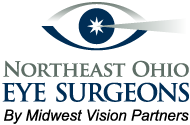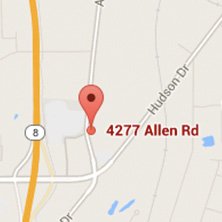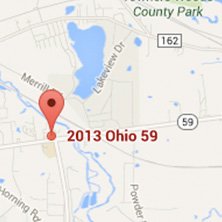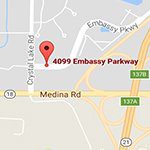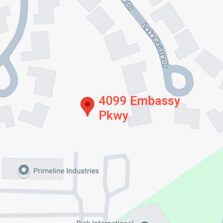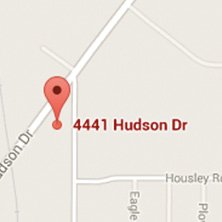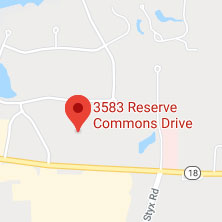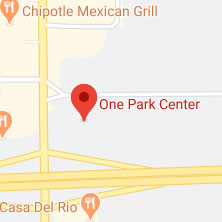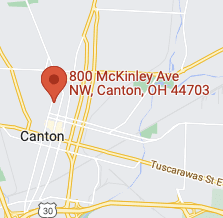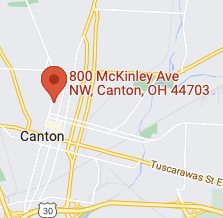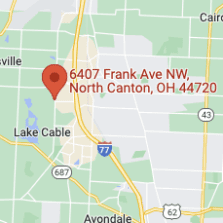Retina Specialist
A retina specialist is a physician or surgeon who focuses on ophthalmology, specifically the diagnosis and treatment of diseases related to the retina.
To become a retina specialist, one must complete many years of medical school, followed by training in ophthalmology, and then undergo additional specialized training in vitreoretinal surgery.
What Is the Retina?
The retina is a layer of cells located at the back of the eye that detects light and sends signals to the brain, enabling vision. Photoreceptor cells relay information to the optic nerve, which then carries this information to the brain, allowing us to see.
Retina Anatomy 
The retina is located at the back of your eye. It has two main parts: the macula and the peripheral retina.
Macula
The macula is a part of the retina responsible for your ability to see and process what is directly in front of you. The cones located in the macula enable you to perceive colors and fine details, which is essential for tasks such as reading and driving.
Peripheral retina
The peripheral retina is the part of your retina that allows you to see sideways while looking straight ahead. This area contains rods that help you see in lower light conditions.
Common Retina Problems
Many conditions can affect your retina. Below are some of the most common retina conditions we treat at Northeast Ohio Eye Surgeons.
Age-related Macular Degeneration
Age-related macular degeneration is a common eye condition that primarily affects individuals over 50. As the name suggests, this condition affects the macula of the retina.
Macular degeneration may affect one or both eyes; common symptoms of macular degeneration include blurry or wavy vision.
Most people experience dry (atrophic) macular degeneration, but a small percentage of people may experience wet (exudative) macular degeneration.
Diabetic Retinopathy
Diabetic retinopathy is a complication of diabetes that can lead to vision loss or complete blindness. Diabetes can cause damage to the blood cells in the retina, leading to leakage of serum, blood, and lipids. This can cause blurry or distorted vision.
Nearly 80% of people who have had diabetes for at least 20 years will experience diabetic retinopathy.
Retinal Vein Occlusion
Retinal vein occlusion occurs when the blood supply to the retina is blocked. Blocked veins lead to the obstruction of blood drainage, resulting in blurry vision or vision loss.
Symptoms of retinal vein occlusion include eye pain and the sudden loss of vision in part of your field. People with high blood pressure, heart disease, glaucoma, or who are obese are at a higher risk of developing retinal vein occlusion.
Retinal Tears and Holes
Stress or trauma to the retina can cause tears and holes. Retina tears and holes that are left untreated can cause a retinal detachment, which happens when watery fluid from the vitreous space passes through and flows to the back of the eye.
Blurred vision or permanent blindness can occur following a retinal detachment. Signs of retinal tears and holes may include flashing lights, new floaters (black spots and lines in your vision), and a ‘curtain’ blocking your vision.
Vitreous
The vitreous is a gel-like fluid that fills the middle of your eyes. This gel is typically attached to the retina or the back lining of the eye. The vitreous can shrink and may detach from the retina with age.
Most of us will experience a vitreous detachment by the time we reach the age of 70.
Common Retina Problem Symptoms
Reach out to your healthcare provider if you experience any of the following symptoms:
- Blurry vision
- Tunnel vision (peripheral vision loss)
- Diplopia (double vision)
- Eye floaters (myodesopsias)
- Sensitivity to light (photophobia)
- Eye flashes (photopsias)
- Blind spots
- Overall worsened vision
Retina Treatments
An ophthalmologist will make a diagnosis through an eye exam based on any irregularities found.
Northeast Ohio Eye Surgeons offers a range of retinal treatments.
Injections
The most common injection therapy using anti-vascular endothelial growth factor (anti-VEGF) agents includes three medications: Avastin (bevacizumab), Lucentis (ranibizumab), and Eylea (aflibercept).
Injection therapy is the most common and effective way to treat wet macular degeneration.
Lasers
Laser retinal treatments are used to treat a range of conditions, including diabetic retinopathy and retinal vein blockage.
A focal laser targets specific areas of swelling; the entire treatment is painless and only takes a few minutes to complete.
Shrink Irregular Blood Vessels
Your doctor may recommend pan-retinal photocoagulation if you have a severe diabetic retinal disease. This laser treatment helps minimize damage caused by abnormal blood vessel growth due to diabetes.
Freezing
Cryopexy is meant to treat retinal tears. Your eye surgeon will freeze the outside wall of your eye to reach and freeze the retina. This will eventually scar and secure the retina to the wall of the eye.
Indenting Surface of Eye
Pneumatic retinopexy is a type of retinal treatment designed to treat detachment. It is commonly used in conjunction with cryopexy or laser photocoagulation.
Replace Eye Fluid
A vitrectomy is a retinal treatment that removes and replaces the vitreous (the gel-like fluid in your eye). When removed, your eye surgeon will inject air, gas, or liquid into the space.
Replacing eye fluid is used as a retinal treatment for people with a retinal tear, macular hole, retinal detachment, or diabetic retinopathy.
Implant Prothesis
Individuals with severe vision loss or complete blindness resulting from retinal disease may require a retinal prosthesis.
A retinal prosthesis is a small electrode implanted in the retina; this electrode receives signals from a video camera fastened on a pair of glasses. The electrode relays information that the retina can no longer process.
Talk To Our Retina Specialist at Northeast Ohio Eye Surgeons
Retinal issues and diseases can be upsetting and debilitating, but the specialists at Northeast Ohio Eye Surgeons are here to help.
Our skilled eye surgeons treat a range of retinal conditions to slow progression and improve or restore vision. Please do not hesitate to contact one of our retinal specialists. With us, you’re in good hands. Our offices are located throughout Northeast Ohio.
Retina FAQs
What does a retina specialist treat?
Retina specialists diagnose and treat conditions like retinal detachment, macular degeneration, diabetic retinopathy, and retinal tears.
What are the symptoms of retinal problems?
Symptoms can include sudden flashes of light, floaters, blurry or distorted vision, and a shadow or curtain over part of your visual field.
How do doctors detect retinal disease?
A retinal exam may include dilated eye exams, OCT imaging, and fluorescein angiography to assess the retina and underlying blood vessels.
What treatments are available for retinal conditions?
Treatments include laser therapy, anti-VEGF injections, surgery, or photodynamic therapy, depending on the condition.
Can retinal damage be reversed?
Some retinal damage is irreversible, but timely treatment can often preserve or improve vision.
When should I see a retina specialist immediately?
Seek urgent care for sudden vision loss, flashes, floaters, or a shadow across your vision, as these may indicate retinal detachment.
